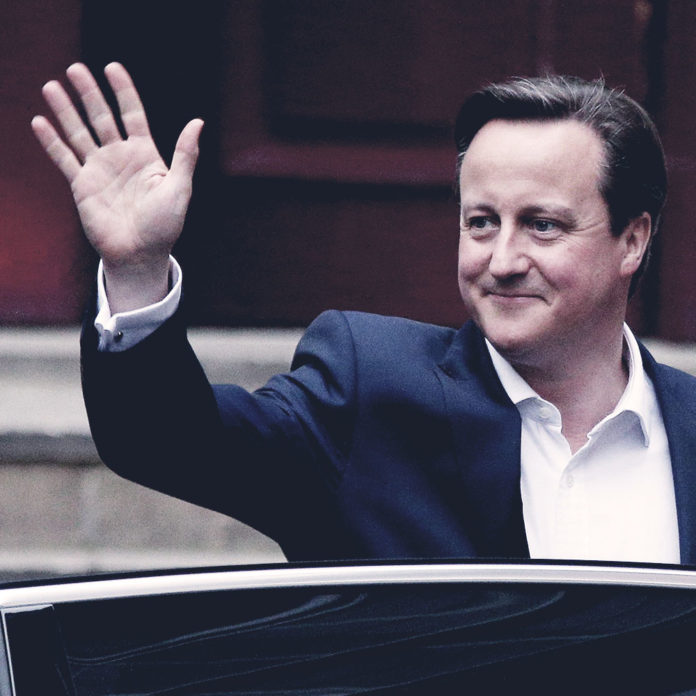
On Wednesday 13 July, David Cameron attended his last Prime Minister’s Questions (PMQs) – as prime minister – in the House of Commons.
Cameron, who seemed all but pleased, handed over the reins to the UK’s second ever female prime minister, Theresa May. The first was, of course, Margaret Thatcher.
As many would recall, Cameron’s hand was “forced” into resignation after he lost a referendum – that he had promised – on the UK’s membership in the European Union.
After narrowly losing the vote on Thursday, 23 June, Cameron emerged from the Number 10 door to announce his resignation.
When May won the Conservative Party leadership (the details which I do not wish to delve into), Cameron emerged once again from the Number 10 door to announce his imminent departure.
There was a moment of comic relief as he walked back into Number 10 humming a pleasant tune, while not realising his microphone was still on. As usual, the internet went crazy and tracks were released.
In his last days in office, I started thinking about what Cameron’s legacy would be.
I am of the opinion – which may not be popular – that Britain was losing a sound leader.
One of the key legacy items of his premiership will no doubt be his ability to lead a coalition government with the Liberal Democrats for a full term. He managed those tricky waters and gained some respect for pulling that off successfully.
After seeing his party through that storm, Cameron went on to lead the Tories – as the Conservatives are known – to an outright victory, winning 330 seats at the 2015 general election. His government was firmly in place and the ship was steady.
I believe Cameron should be remembered for taking some hard decisions in the face of much opposition, even within his own ranks. Some of these included financial decisions, which he would have done in consultation with the former Chancellor of Exchequer (Finance Minister) George Osborne. Osborne has been a loyal friend and confidant of Cameron over the years. He has also lost his position in May’s new government.
Cameron obviously made some decisions that didn’t pay off, promising a referendum on the UK’s membership of the EU.
Whether or not he foresaw this outcome, I do not know.
What I do know is that it will be difficult to talk about Cameron’s successes without mentioning the EU catastrophe.
Was he a good leader?
I think so.
Is he irreplaceable?
Obviously not.
And the question that everyone has on their mind: will Theresa May succeed where he has failed?
It is an unfair question.
Both prime minsters faced a different set of circumstances on their arrival at Number 10.
Theresa May’s first act of government will be to initiate talks with the EU on what a successful Brexit would look like – a tough job.
Cameron’s first order of business was to put together a decent government and ensure stability – also a tough job, but a very different one nonetheless.
We wish May the best.
Farewell, DC.
